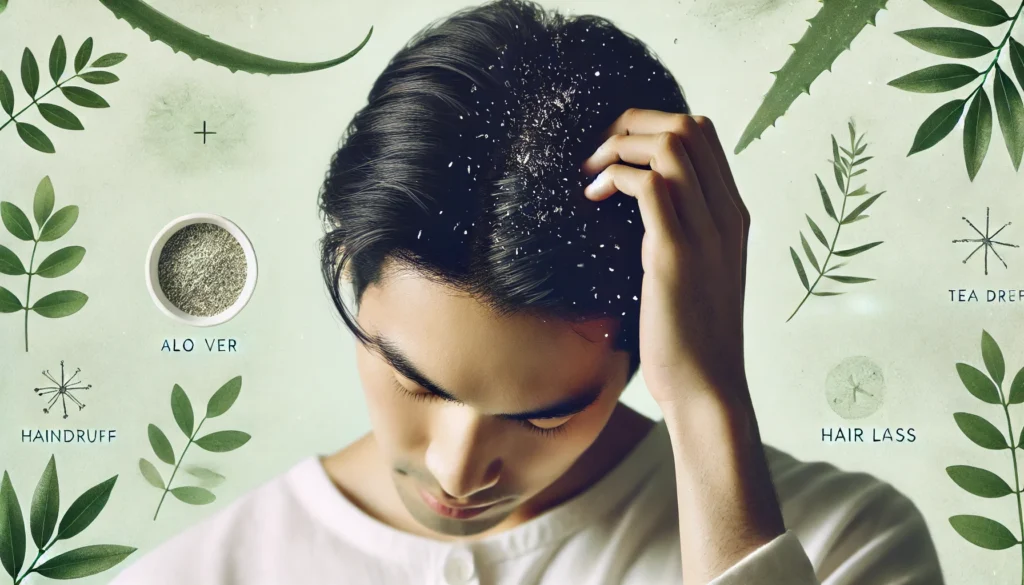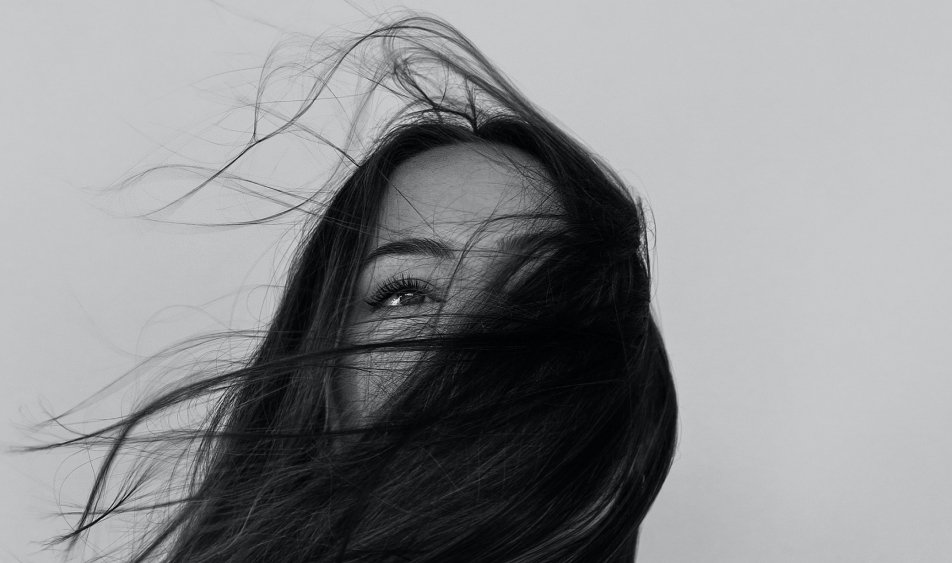
Itchy scalps can be frustrating. Coupled with dandruff, it becomes an even more annoying combination. But when you notice more hair strands on your pillow or in the shower drain, alarm rings. Could these issues actually lead to hair loss? This blog explores the connection between dandruff, itchy scalp, and hair loss. It provides insights and actionable tips to help you manage these concerns.
Understanding Dandruff and Itchy Scalp
What Is Dandruff?
Dandruff is a common condition that affects up to 50% of the population worldwide. It occurs when the skin on your scalp flakes off, creating white or yellowish flakes. These flakes can sometimes be accompanied by itchiness, dryness, or even an oily scalp.
A primary cause of dandruff is the fungus Malassezia Globosa, which thrives on scalp natural oils (sebum). When the scalp reacts negatively to this fungus, inflammation and flaking occur.
Other causes include:
-
Seborrheic dermatitis (a more severe form of dandruff)
-
Dry skin
-
Skin conditions like psoriasis or eczema
-
Hormonal changes or high stress levels
What Causes Itchy Scalp?
An itchy scalp can result from various triggers, many of which overlap with dandruff causes:
-
Fungal infections: Conditions like ringworm can irritate the scalp.
-
Allergic reactions: Hair care products with harsh chemicals or fragrances may trigger irritation.
-
Inflammation: Chronic conditions like seborrheic dermatitis or scalp psoriasis cause redness and itchiness.
Itchy scalp symptoms include persistent discomfort, redness, or scaly patches. While not always accompanied by dandruff, the two often work hand-in-hand.
The Link Between Itchy Scalp, Dandruff, and Hair Loss
Does Dandruff Directly Cause Hair Loss?
The short answer is no, dandruff itself doesn’t directly cause hair loss. However, it sets the stage for additional scalp health issues that can weaken hair over time. Irritation and inflammation caused by dandruff can make your scalp less hospitable to healthy hair growth.
How Scratching Impacts Hair Follicles
Scratching an itchy scalp can physically damage hair follicles. This damage may lead to:
-
Weakening of the follicles, increasing hair fragility
-
Disruption of the natural hair growth cycle
-
Temporary hair shedding
Conditions That Cause Dandruff and Hair Loss
Some medical conditions simultaneously trigger dandruff and hair loss, including:
-
Seborrheic Dermatitis: A severe form of dandruff causing inflammation and overproduction of scalp oils.
-
Scalp Psoriasis: Dry, red patches with silvery scales that damage the follicles.
-
Fungal Infections (Ringworm): Often causes flaky patches and weakens hair shafts.
-
Lichen Planopilaris: An autoimmune condition that inflames the scalp and damages hair follicles.
-
Folliculitis Decalvans: A bacterial infection that leads to inflamed, pus-filled lumps and weak hair follicles.
How Scalp Inflammation Affects Hair Growth
The Role of Scalp Health in Hair Loss
Inflammation caused by dandruff or an itchy scalp can disrupt hair growth. Here’s how:
-
Weakened Follicles: Inflamed follicles produce less strong, healthy hair.
-
Disruption of the Hair Growth Cycle: Prolonged inflammation may shift hairs prematurely into the “telogen phase” (shedding phase), leading to hair thinning.
-
Conditions Like Telogen Effluvium: A stress-related condition that accelerates hair shedding and is exacerbated by scalp irritation.
How To Recognize if Hair Loss Is Linked to Scalp Conditions
Look out for:
-
Excessive shedding during brushing or showering
-
Thinning hair on particular scalp areas
-
Redness, swelling, or visible signs of inflammation
Managing Scalp Itching and Preventing Hair Loss
If dandruff or an itchy scalp is affecting your confidence and hair health, take control with these practical steps:
Medicated Shampoos
Choose treatments with active ingredients like:
-
Ketoconazole (anti-fungal to target Malassezia)
-
Salicylic Acid (exfoliates flaky skin)
-
Selenium Sulfide (reduces inflammation and oil production)
Natural Remedies
Try these gentle, scalp-soothing options:
-
Tea Tree Oil: Known for its anti-fungal and antibacterial properties.
-
Coconut Oil: Hydrates the scalp and reduces dryness.
-
Apple Cider Vinegar: Balances pH levels to reduce flaking.
-
Aloe Vera: Calms irritation and promotes moisture.
Avoid Aggressive Habits
-
Refrain from excessive scratching or harsh brushing.
-
Use sulfate-free, scalp-friendly haircare products.
-
Avoid over-washing, as it strips natural oils from your scalp.
Adopt Healthy Practices
-
Dietary Changes: Omega-3 fatty acids, zinc, and biotin can promote scalp health.
-
Stress Management: Stress can worsen inflammation, so incorporate relaxation techniques.
Protect Your Scalp
-
Limit exposure to excessive heat from styling tools.
-
Avoid tight hairstyles that pull on hair and irritate follicles.
Hair Products and Chemical Treatments
Watch Out for Harsh Chemicals
Products like hair dyes or relaxers irritate the scalp and weaken hair follicles. Look for products labeled as “gentle” or “for sensitive scalp.”
Seek Professional Advice
If irritation persists after switching haircare products, see a dermatologist. They can identify potential allergens and recommend appropriate treatments.
When to Seek Professional Help
If you’re experiencing the following symptoms, consult a dermatologist immediately:
-
Increased hair shedding or thinning
-
Inflamed, painful scalp
-
Bald patches or round hair loss areas
A specialist can determine if additional treatments, like corticosteroids, PRP therapy, or antifungal medications, are needed to treat your condition.
Protect Your Scalp, Protect Your Hair
While dandruff and an itchy scalp may not directly cause hair loss, they can contribute to an unhealthy scalp environment that weakens hair. By understanding these links and taking proactive measures, you can protect your scalp’s health and encourage proper hair growth.
If you’re feeling unsure or overwhelmed, consult a dermatologist or trichologist to guide you toward the best solutions. Start with the small changes outlined here, and you’ll be on your way to a happier scalp and healthier hair.







